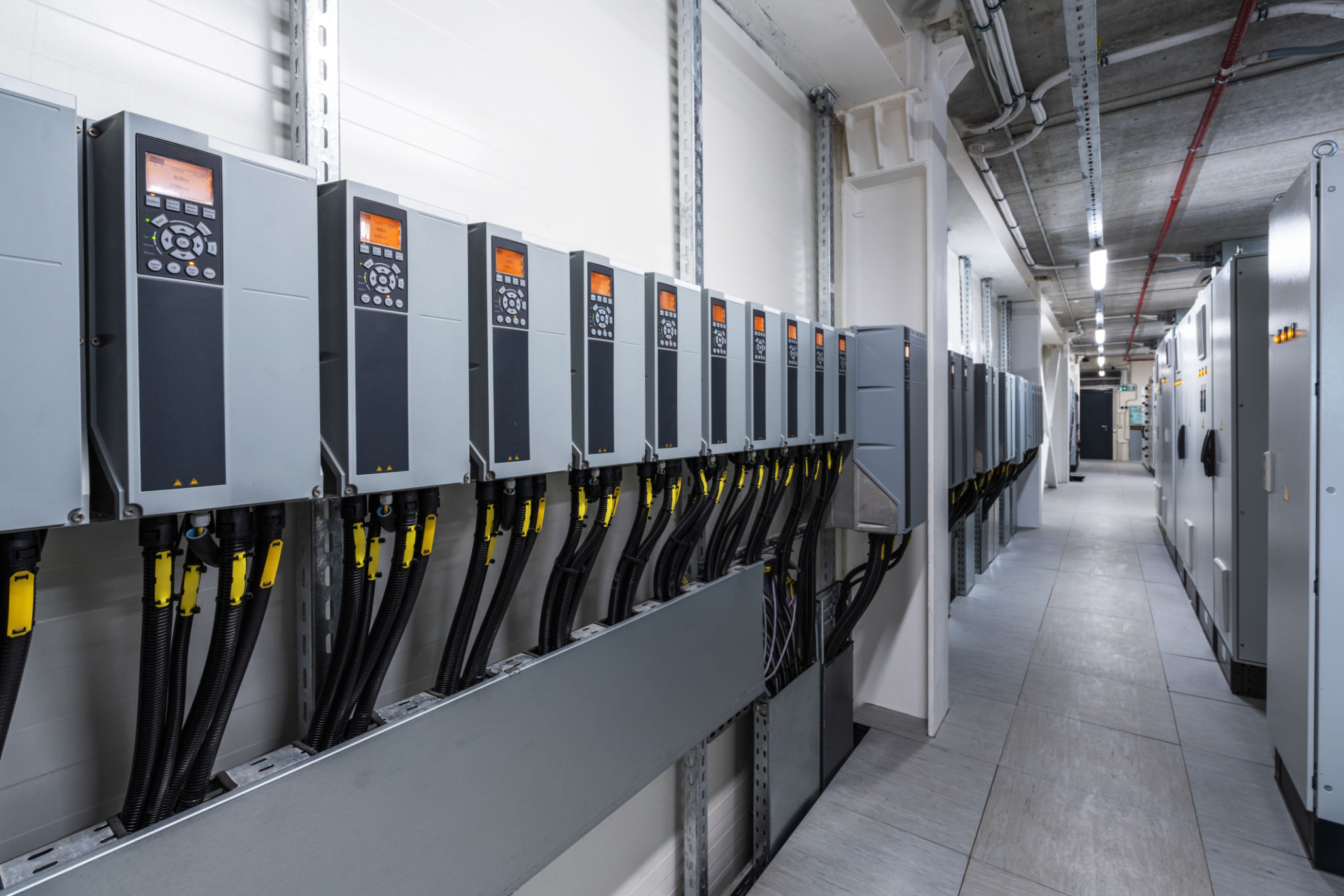How to Optimize Your Building Management System for Energy Efficiency
Td
Understanding Your Building Management System (BMS)
A Building Management System (BMS) is a critical tool in managing and monitoring energy consumption within a building. By leveraging the capabilities of a BMS, you can enhance energy efficiency and reduce operational costs. Understanding the core functionalities of your BMS is the first step towards optimizing it for energy savings.
Typically, a BMS integrates HVAC, lighting, and other essential systems, providing centralized control. A well-optimized BMS not only reduces energy consumption but also improves occupant comfort and prolongs the life of equipment.

Conducting an Energy Audit
Before implementing any optimization strategies, conducting an energy audit is crucial. An energy audit helps identify areas of inefficiency and potential improvements. This process involves analyzing current energy usage patterns and pinpointing wasteful practices.
Engage with professionals who can assess your building's energy performance. Their expertise will guide you in understanding which systems or components require immediate attention. This foundational step lays the groundwork for informed decision-making.
Analyzing Energy Consumption Data
Once your audit is complete, delve into the consumption data collected. This analysis will help highlight peak usage times, inefficient equipment, and areas with potential for energy savings. Use this data to set realistic goals for energy reduction.

Implementing Smart Controls
One of the most effective ways to optimize your BMS is by implementing smart controls. These controls allow for precise adjustments based on real-time data. For instance, smart thermostats can adjust HVAC settings according to occupancy patterns, ensuring energy is not wasted in unoccupied spaces.
Moreover, integrating motion sensors with your lighting system can significantly reduce electricity usage by turning lights off when rooms are empty. Consider investing in automated systems that adjust based on pre-set conditions to maximize efficiency.
Regular Maintenance and Upgrades
Regular maintenance of your BMS ensures that all components are functioning optimally. Schedule routine checks to identify any malfunctioning parts or outdated software that may hinder performance. Upgrading to more energy-efficient hardware components can also yield significant savings.

Utilizing Data Analytics
Data analytics plays a vital role in optimizing building management systems. Advanced analytics tools can predict equipment failures before they occur and suggest preventive measures, minimizing downtime and energy wastage.
By continuously monitoring system performance, you can identify trends and anomalies that could indicate inefficiencies. Leveraging this data allows you to make informed decisions and implement proactive measures to maintain optimal energy usage.
Training and Awareness
The effectiveness of your BMS largely depends on how well it is managed by your team. Conduct training sessions to ensure staff members are aware of the system's functions and importance in achieving energy efficiency goals. Encourage a culture of sustainability where everyone contributes to minimizing energy consumption.
Continuous Improvement
Optimizing your Building Management System is not a one-time task but an ongoing process. Regularly review performance metrics and adjust strategies as needed. Stay informed about the latest technological advancements in BMS solutions to keep your system updated.
By fostering a proactive approach, you ensure that your building remains energy-efficient, reducing costs and environmental impact in the long run.

